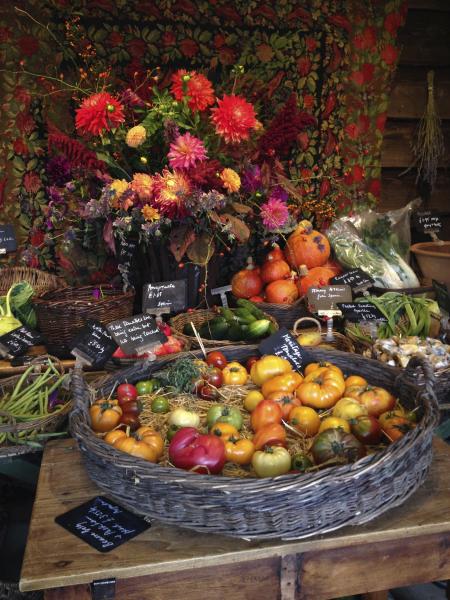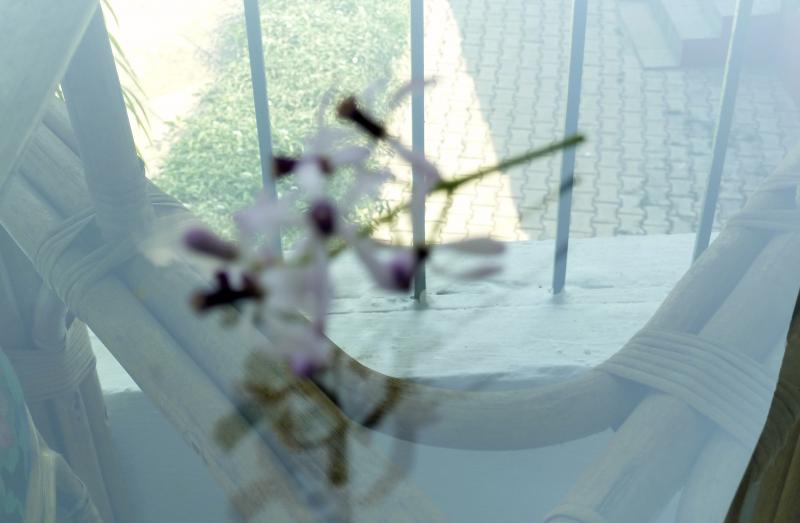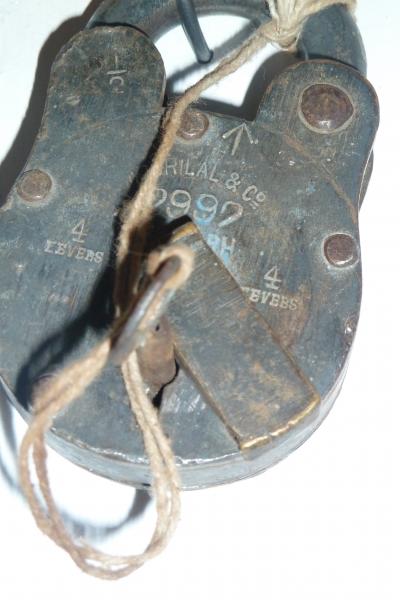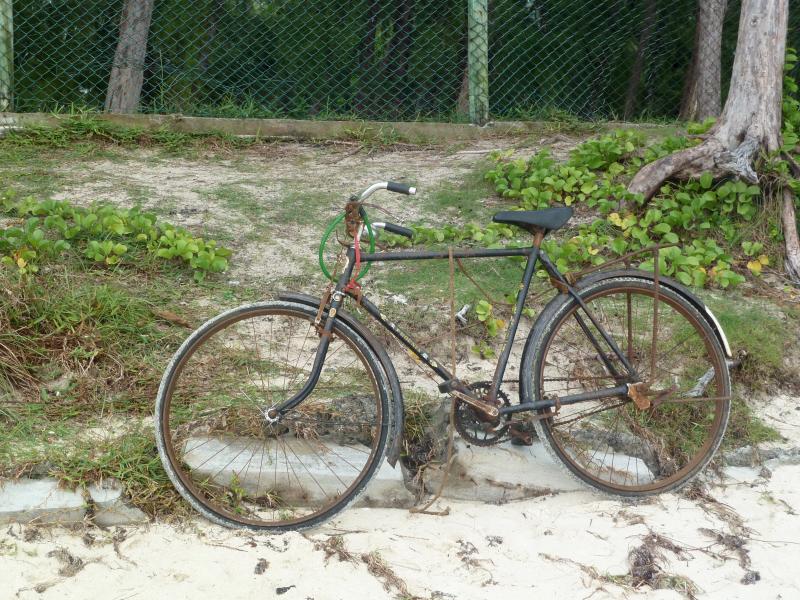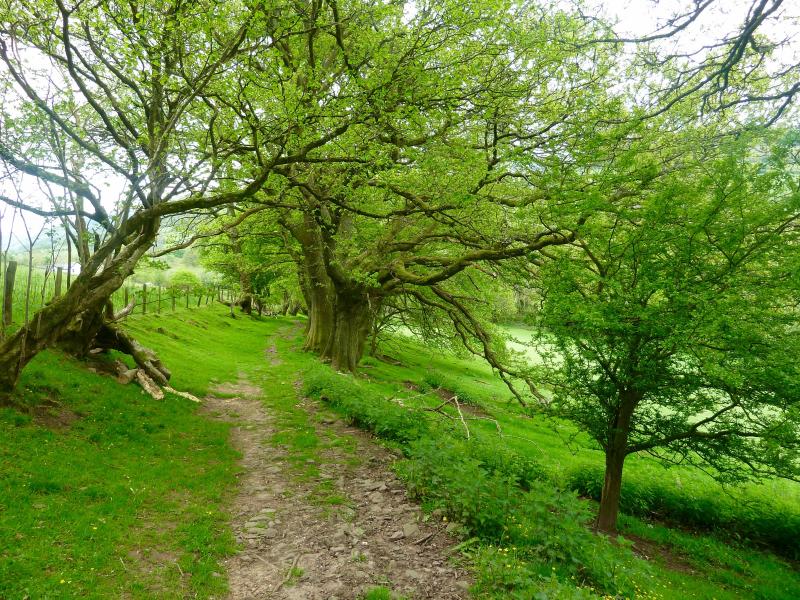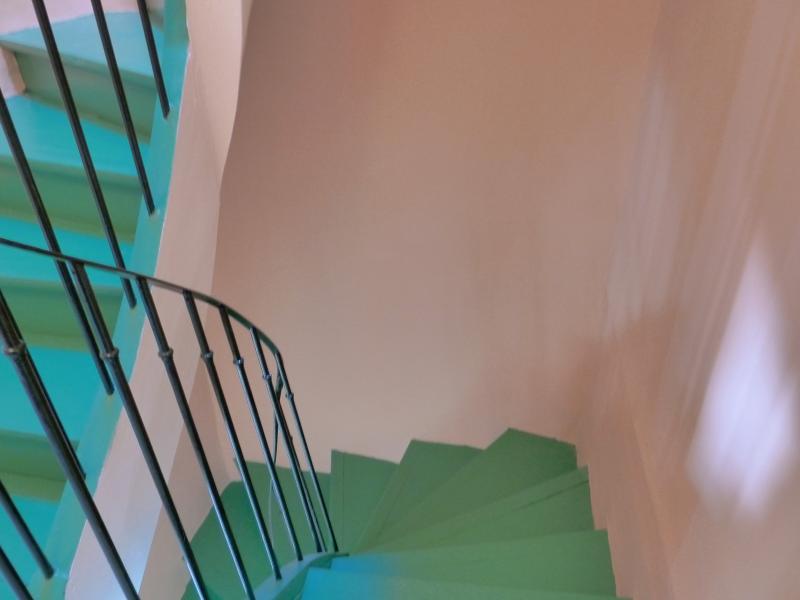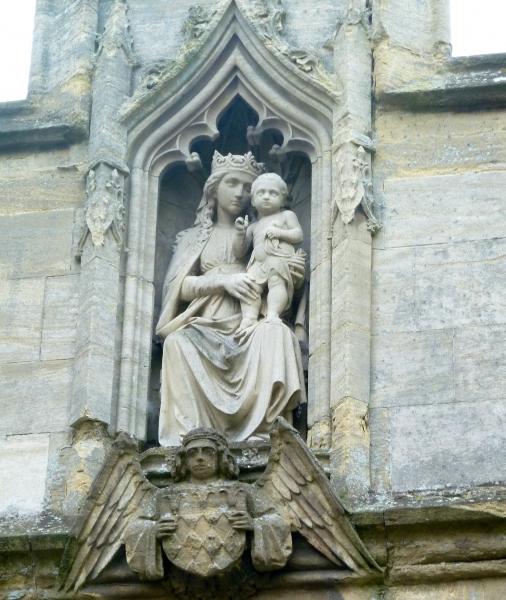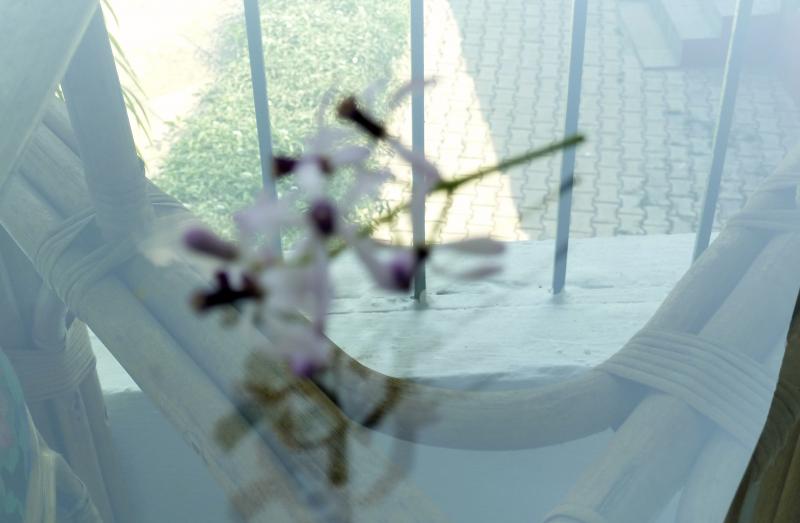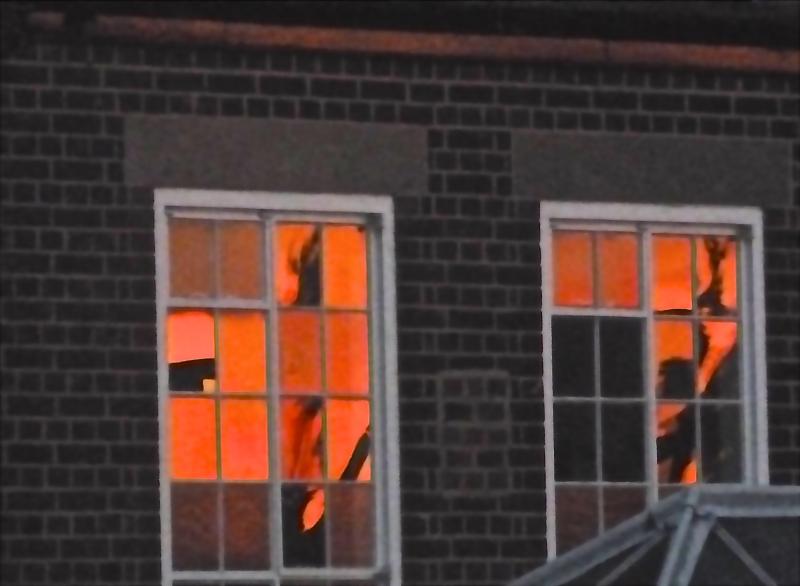Alan Joyce presents a remarkably bonhomic (is there such a word?) exterior, or he could be a naturally political animal. In the middle of a summer trial for his water-bus project which, following his visionary projection, may provide locals with a cheap, carbon-neutral transport link from the centre of the city to the northern suburbs scooping up the tsunami of tourists who overwhelm us in peak months. (Each day coachloads of Chinese march through the narrow streets, capturing every pub and every ersatz “ancient” building and every imagined haunt of Morse and Lewis).
By reviving the old waterways of Oxford to their original transporting purpose, and laying on eco-friendly programmes on board which give children magical experiences that remain with them all their lives, Alan Joyce wants to make use of a neglected asset right here on our doorsteps.

Skipper and eco-champ Alan Joyce

The Waterbus
In summer you see his ice-cream van parked by the cattle-grid at the start of the Walton Well side of Portmeadow. When I first came to Oxford in the early 70s, this area was a brownfield site: allotments at two ends, a tangle of blackberry thickets, purple loosestrife and willows in between. A long belt of new red brick housing now covers a couple of miles along the railway track and the Oxford Canal. When a family with children turn up for a walk across the meadow and the children eye the Marshfield van, but their parents haven’t brought any money, Alan will give them a Tesco bag or two and wave them off to pick up detritus. Each bagful of litter brought back earns a free ice cream.
That’s the sort of man he is- a well-built Kiwi full of imaginative schemes, living on a canal boat with his 18 year old daughter and hoping to do something for his community and environment. In the winter months he’s to be seen cooking organic sausages and bacon butties at the entrance to the railway station.

Buy a waterbus ticket get a free ice!
“I have some good chats. This chap comes often- looks like a tramp or something- but he’s a professor of economics and says: Had to get out of that meeting in college so I thought I’d come and have a sausage sandwich. It’s very jolly.”
A visiting American academic (“Call me Joel”) climbs into the boat for the trip to Aristotle Lane. Just as we push off, a small Chinese boy drops a plastic bag into the canal and the ducks explore its possibilities with their beaks.
“Sinead,” Alan calls one of the ticket sellers. “Get that, will you?” And he makes sure I take a pic for the blog. Sinead has long golden hair and is a masseuse therapist in real life.

Sinead, the fisher of plastic bags
Meanwhile, Emily who is a performance artist and actor, digs into a tub of vanilla ice-cream and hands me a generous freebie.
I tell Alan how hard it is to control noise and vandalism from the little patch of green by the canal. Known as The Spider, it’s a favourite with screaming English language students getting drunk and drugged out on their parents’ hard-earned wages or savings, which I guess are being invested in fond hopes that their darlings will one day find jobs in the English speaking world. (Britain is top of the list for job-seekers from Europe and London is known as Little Paris.) Every summer dozens of language schools pop up and fleece these hopefuls, while we locals are pushed off pavements and have to plug our ears at bedtime.
Alan takes the softly softly approach. In the friendliest way he encourages the students to tell him their names, their language school and other relevant information. Next morning he phones the offending institution (usually a mega business like EF Language School) and very politely asks if they are going to handle the offending students or whether he should contact the police directly. Far superior to my method of dialling 101 at 3 am, bursting into tears and asking the Police how soon they can get here to deal out ASBOs.
We finally cast off in Alan’s electric and amazingly silent water-bus, when a ragged individual with bad teeth asks him if he can have a free ice-cream but is politely refused.
If the trial is a success (I forgot to ask what the criteria was) then next summer will see a full-scale launch. Alan says there are three main bodies that need to be happy with his project:
Locals, the Council (Bob Price, the big chief, has been “very helpful” for a change) and the Canal and River Trust on the issues of Health and Safety.
The electric-powered boat consumes as much energy as a one-bar electric fire that’s been left on all day, so is demonstrably carbon neutral. Initially the residential canal boats along Upper Fisher Row were wary that their privacy would be threatened. Another objection was that the boat was too quiet and “crept up on people”.
Alan is very restrained and insistent that no one should be mocked and everyone shown respect. He says the idea was made possible only through the generosity of Sir Chris and Lady Wendy Ball, who live in Jericho near the canal.
We glide past the boatyard which has seen many planning applications refused, due to the vociferous battles fought by residents and sympathizers like Philip Pullman (some of his books feature the canal), past the campanile of my church, St Barnabas. Then the site of the now-defunct William Lucy’s Ironworks (now boasting the most expensive apartments in the city) and up to The Anchor pub, which used to be known as Dolly’s Hut.
Alan is giving a running commentary on the passing scene and the making of the Oxford Canal. Started in 1769, the 78 miles to Coventry were dug by Irish navvies and finished in1790. There it joined up with the Grand Union and progressed at the rate of four miles each year. It carried coal and other goods to London and the Midlands and where I live on Upper Fisher Row was an important staging post for the bargees who plied the waters, their shire horses plodding the towpath, pulling the laden boats alongside. The Oxford Canal is a contour canal, which means it follows the natural contours of the land, and was the cheaper method of building and does not need a lot of maintenance, apart from pollarding the trees on the banks.
Nowadays the traffic is for pleasure craft, even though there have been noises to engage the waterways to more commercial purpose.
It’s always cheering to chance upon a person with a dream and Alan’s dreams are many: a network of boats on Oxford’s many waterways, themed trips with children dressing up as characters out of Alice in Wonderland, music on the boats (played quietly), nature lessons, whole days-out for families with picnics on Portmeadow.
“This is a business- it has to be- but it’s more than a business.”
“Do I understand you’re a Good Capitalist?”
Alan bristles a little. “No, I don’t like the word capitalist.”
I leave it at that. Joel, the visiting economist at the Said Business School, just a stone’s throw away, is silent. He scrambles on to the bank at the bridge in Aristotle Lane playground and walks home for his tea.
Alan the entrepreneur has some imaginative solutions to the nuisance of tourist overflow in the city. Make coaches park at Park and Rides and bus the visitors in on local transport, to provide extra revenue for the bus companies and the City. Get all language students to contribute £1 a day which will nicely swell the Councils’s coffers and provide extra loos and litter-pickers. As for graffiti, set aside a wall for a graffiti competition to be trained and judged by an artist like Banksy, which will eventually eliminate the rubbish dorks whose childish scribbles of stylized balls and penises set everyone’s teeth on edge. And why not give the messier canal boaters a symbolic hug by giving them proper moorings and grants to make their environs presentable?
Do I read in my tea-leaves a picturesque Amsterdam makeover for our neglected city?
Oh that the City Fathers would lend their ears to such wisdom, oh that they would learn joined-up writing, then we would be the happiest Oxonians in history.













